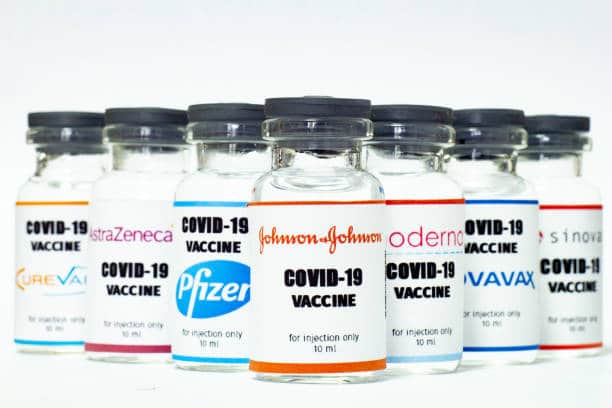
Jenan Taylor
5 May 2022
Vaccine hesitancy continues to present major challenges for the uptake of COVID-19 vaccines in the Pacific region according to an Anglican aid organisation.
The Anglican Board of Missions executive director the Reverend Dr John Deane said vaccine hesitancy and misinformation was of great concern to the organisation’s overseas partners.
Dr Deane said there was a lack of well-funded and focused education campaigns to counter the fake news which had flooded social media in a number of countries.
The concerns come as a new report warns unnecessary vaccine wastage in high, middle and low-income countries is continuing to contribute to vaccine inequities.
The paper published in BMJ Global health said almost 80 per cent of people in high income countries have received a vaccine dose to date, but only 15 per cent of the population in low-income countries had been vaccinated.
Anglican Overseas Aid warned in December that low vaccination rates placed the Pacific region at risk of further COVID 19 outbreaks and new variants.
The organisation said widespread distrust of authority and bad experiences with previous vaccines in in some areas was a major part of their vaccine hesitancy.
The recent paper, written by researchers from countries including Australia and Spain, said refusal of vaccines, misinformation and health and supply system flaws were driving unnecessary wastage.
The report said vaccine wastage rates to date were as high as 30 per cent in high income countries, and that at October 2021 Australia had wasted up to 7 million vaccines because they were unwanted or had expired.
However, vaccine wastage in low-income countries was compounded by donations of vaccines that were close to expiry from high income nations.
Read more: Australian aid vital in Pacific COVID-19 fight: Anglican Overseas Aid
It said such “late-date” donations gave the impression that high income countries were contributing effectively towards global vaccine distribution.
In addition, despite the wastage problem, efforts by most countries to track, forecast and reduce wastage were lacking, the paper said, and they urgently needed to remedy the situation.
An author of the report and Burnet Institute deputy director Professor Margaret Hellard said that to control the COVID pandemic successfully in the long run, high levels of vaccination were needed globally.
Professor Hellard said it was crucial that low and middle-income countries could access vaccines.
However, among the reasons that had not been happening, she said, was the way in which high-income countries had been supplying the vaccines to them.
“There’s this notion of gifting countries vaccines,” Professor Hellard said. “But we have to make sure that the supply of those vaccines makes inherent sense – that, number one, you are able to provide them with a vaccine that’s not going to go out of date in a short period of time, especially if the supply chain within the country means that it could take the country longer to distribute [the vaccines].”
“It’s critically important that we work to ensure that whatever we’re providing, there’s an accompanying infrastructure to support it, to ensure that that vaccine gets off the dock through the system and into somebody’s arm.”
In late March the Australian government pledged $85m and a least 10 million COVID vaccine doses to the COVAX Advanced Market Commitment, a global attempt to support equitable access to vaccines.
It came after End COVID For All, a group of health, business and aid bodies, including The Anglican Board of Missions, sent an open letter about vaccine equity to Prime Minister Scott Morrison.
End COVID For All spokesperson the Reverend Tim Costello welcomed the government’s measures but believed further investment was needed to help disburse vaccines across the world.
For more faith news, follow The Melbourne Anglican on Facebook, Twitter, or subscribe to our weekly emails.







